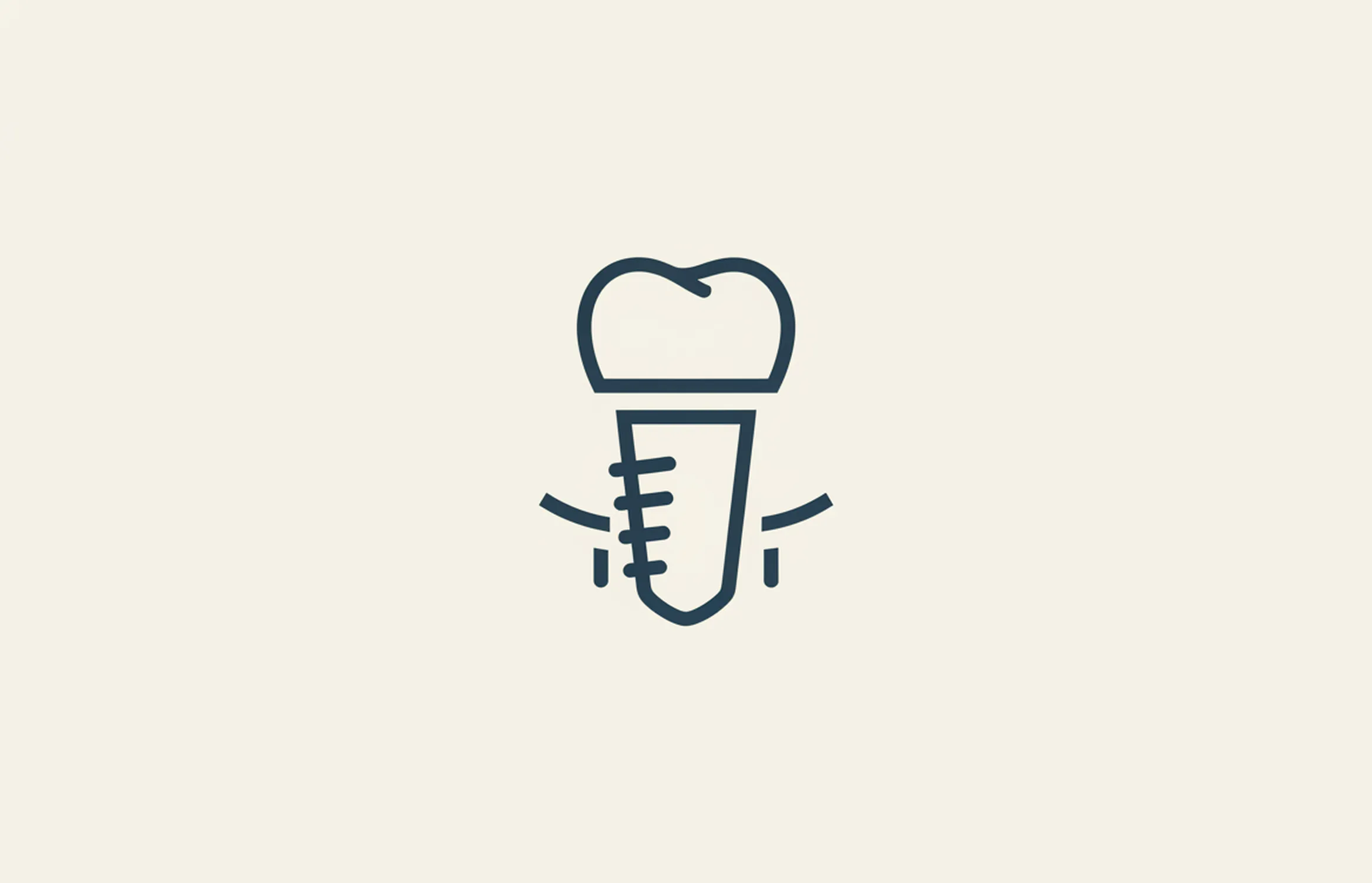When your teeth start to fall out or decay, it may be time to replace them, and you have a few options for their replacements. While titanium dental implants are often recommended, ceramic implants have their own merits and should be considered as well.
Ceramic is going to hold up very well over the long term. It won't deteriorate as quickly as any type of metal would. If you were to use titanium, then the damp environment of your mouth can cause some decay over time. The titanium can also disagree with your other bits of metal in your mouth, such as fillings and braces.
Ceramic is resistant to corrosion, as it Is not affected by the saliva in your mouth. It is also considered to be biocompatible, which means it won't cause an allergic reaction and it won't interfere with the other metal in your mouth, if you have any. It is also inert, in that it cannot create electrical charges, which can sometimes happen with metal implants.
Benefits of Ceramic Implants
Essentially, ceramic dental implants are one of the safest ways to go with replacement teeth. They reduce your risks for all sorts of complications, and they agree with practically everyone. While titanium may be a better choice for some people, ceramic is safe for anyone to use.
Another safety feature of ceramic teeth is that they are made from a single piece of ceramic or zirconia. This reduces the chance that a part of the tooth will fall apart and become loose in the mouth. Metal implants are usually made of two pieces, and excessive masticatory force can break them apart and cause some problems.
Many people prefer ceramic implants or the way they appear. They stay clean and white easily, and they tend to look much more appealing with certain types of gum lines. A lot of older people experience gum recession, where the gum pulls back from the teeth. This can make metal implants look unappealing and create a metal residue along the gum lines. Ceramic implants don't have this problem, and they still look good no matter how the gums behave.
How Long Will Ceramic Dental Implants Last?
Due to a lack of corrosion and durable construction, ceramic teeth will last for a long time. They can tolerate powerful chewing actions and still retain their strength, even after years of use. Many people prefer how easy they are to maintain, as they rarely need intensive cleaning or repair. They don't have to think much about them and can generally treat them like normal teeth. After a while, they will start to feel like normal teeth as well, and you may have trouble telling the difference between the natural teeth and the ceramic ones.
Ceramic dental implants are also an economical option. They are one of the cheaper forms of tooth replacement, yet they are still very durable and hold a lot of value. They will serve you well if you decide that ceramic dental implants are right for you.
Sources and References
-
[1]
Clinical outcomes of zirconia implants: a systematic review and meta-analysisClinical Oral Investigationshttps://pmc.ncbi.nlm.nih.gov/articles/PMC10746607/
-
[2]
Survival and success of zirconia compared with titanium implants: a systematic review and meta-analysisClinical Oral Investigationshttps://pmc.ncbi.nlm.nih.gov/articles/PMC10630218/
-
[3]
A randomized clinical trial on zirconia versus titanium implants in maxillary single tooth replacementClinical Oral Implants Researchhttps://pubmed.ncbi.nlm.nih.gov/38567929/
-
[4]
Evaluation of one-piece zirconia dental implants: An 8-year follow-up studyClinical Oral Investigationshttps://pmc.ncbi.nlm.nih.gov/articles/PMC10329592/
All sources accessed and verified on . Medical information reviewed for accuracy and compliance with current guidelines.
Related Articles

All-On-4 Dental Implants – Costs and Information
Comprehensive guide to All-on-4 dental implants, including the procedure, success rates, costs, healing process, and how this treatment replaces a full arch of teeth

Clear Choice Dental Implants
Understanding Clear Choice dental implant services, the consultation and treatment process, same-day teeth options, full-arch rehabilitation, and what to expect from this specialized implant provider
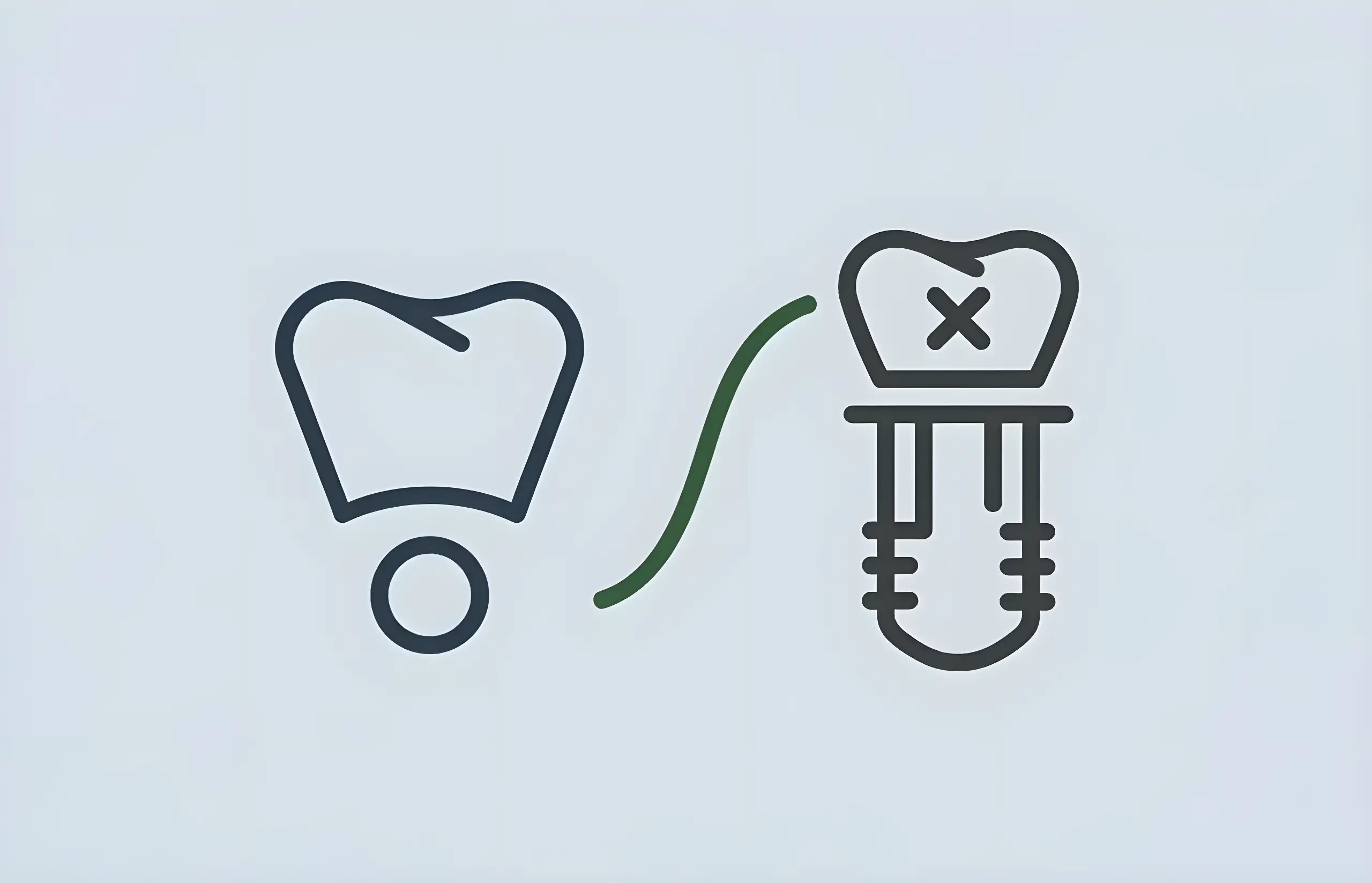
Dental Crown vs Implants
Comprehensive comparison of dental crowns and implants for damaged teeth including procedures, costs, longevity, when to save vs extract a tooth, and which option is best for your situation
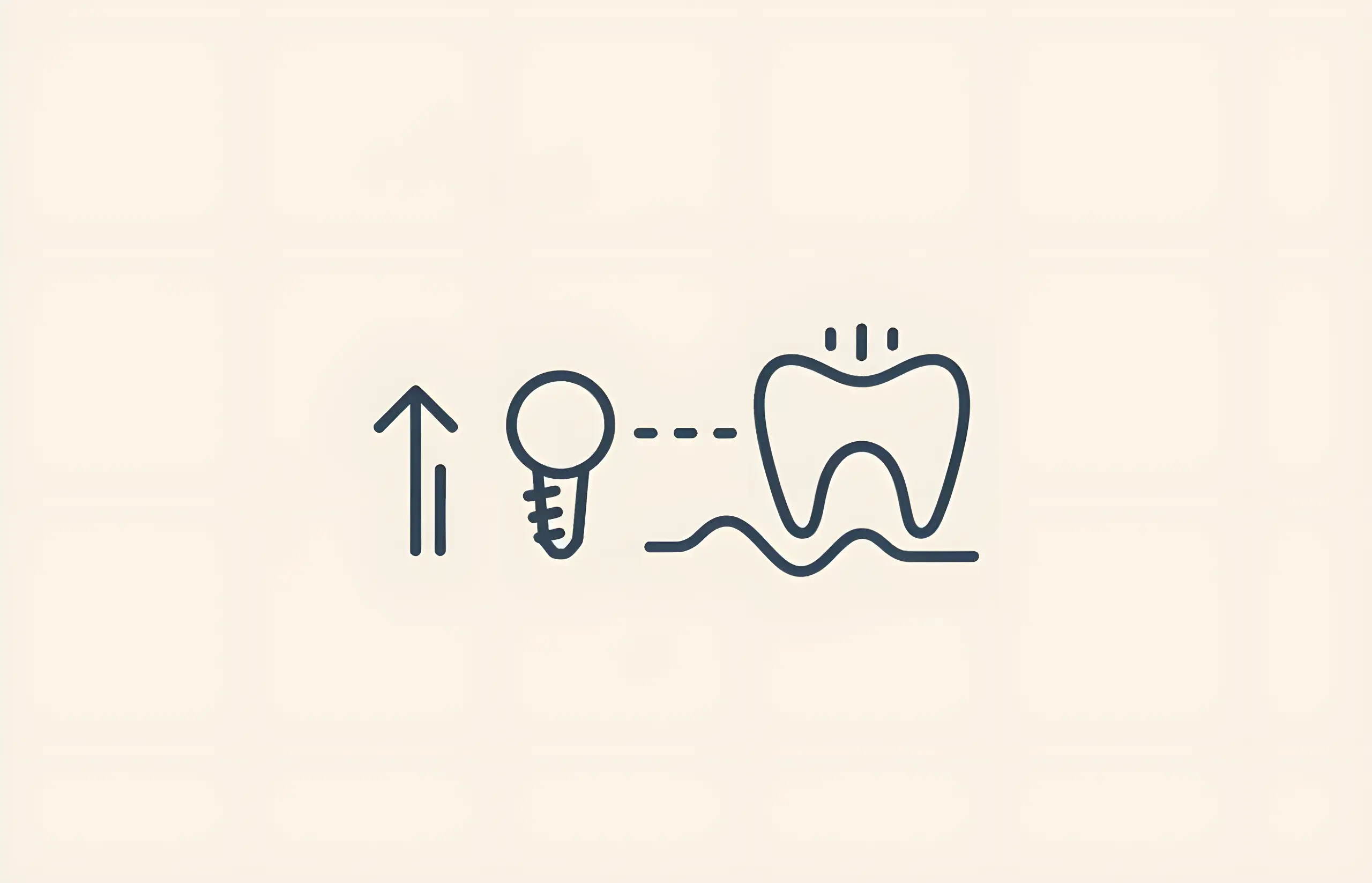
What Is The Dental Implant Healing Time Before Crown Placement?
Understanding osseointegration and the 3-6 month healing process between dental implant surgery and permanent crown placement

Dental Implant Costs In The UK – Single Tooth and Full Mouth
Complete guide to dental implant costs, financing options, success rates, and what to expect from single tooth to full mouth implant treatments in the UK

Full Mouth Dental Implants – Costs and Information
A comprehensive guide to full mouth dental implant rehabilitation, including procedures, healing times, success rates, and UK costs
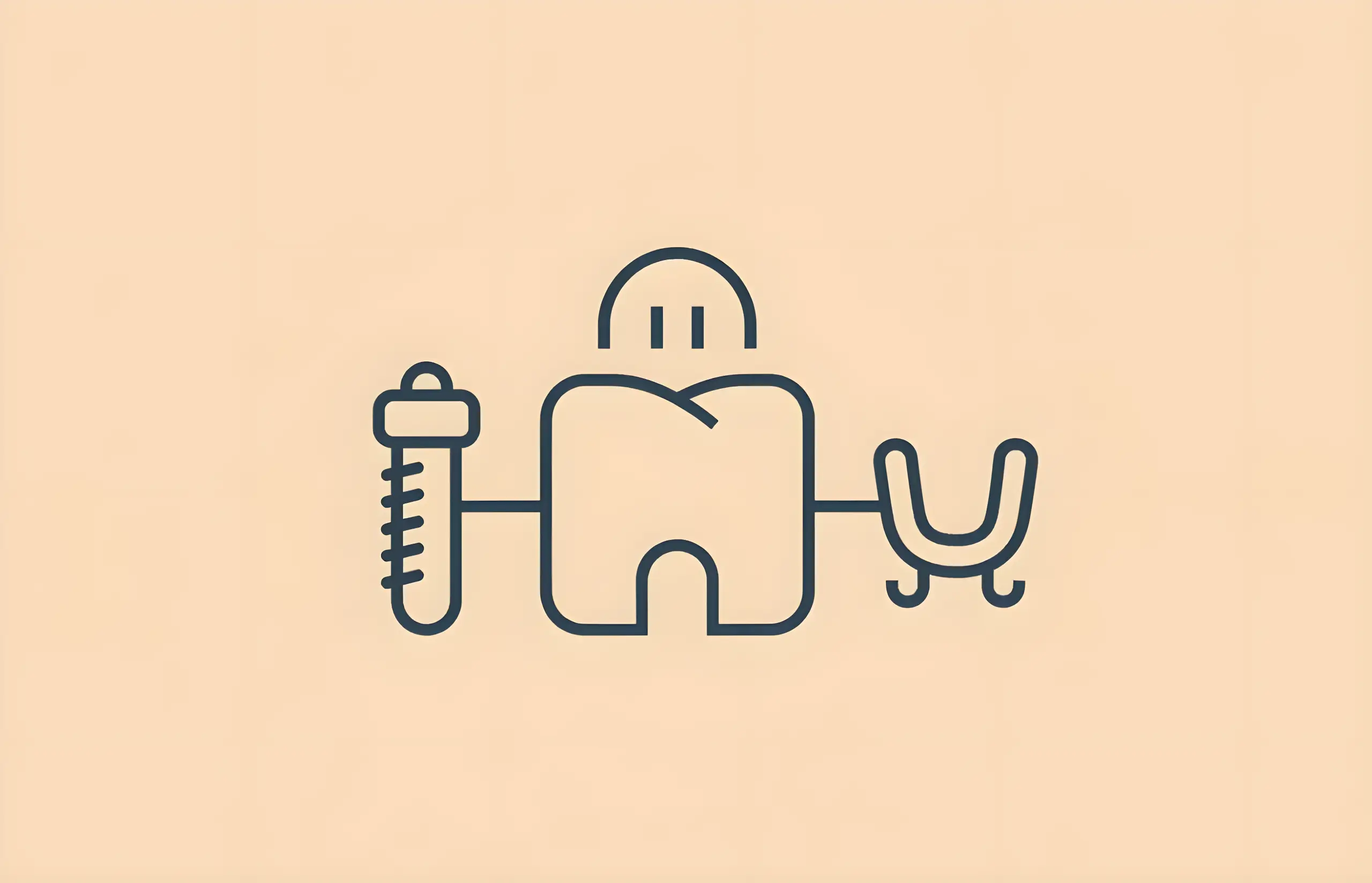
Missing Tooth Replacement Options
Compare dentures, bridges, crowns, and dental implants for replacing missing teeth including costs, benefits, and which option is best for your needs

A Guide to Mini Dental Implants
Comprehensive information about mini dental implants, including what they are, the installation process, success rates, costs, and how they compare to traditional implants

The Different Types of Dental Implants
Learn about the different types of dental implants including conventional implants, mini and micro implants, fixed bridges, over-dentures, temporary implants, and their costs
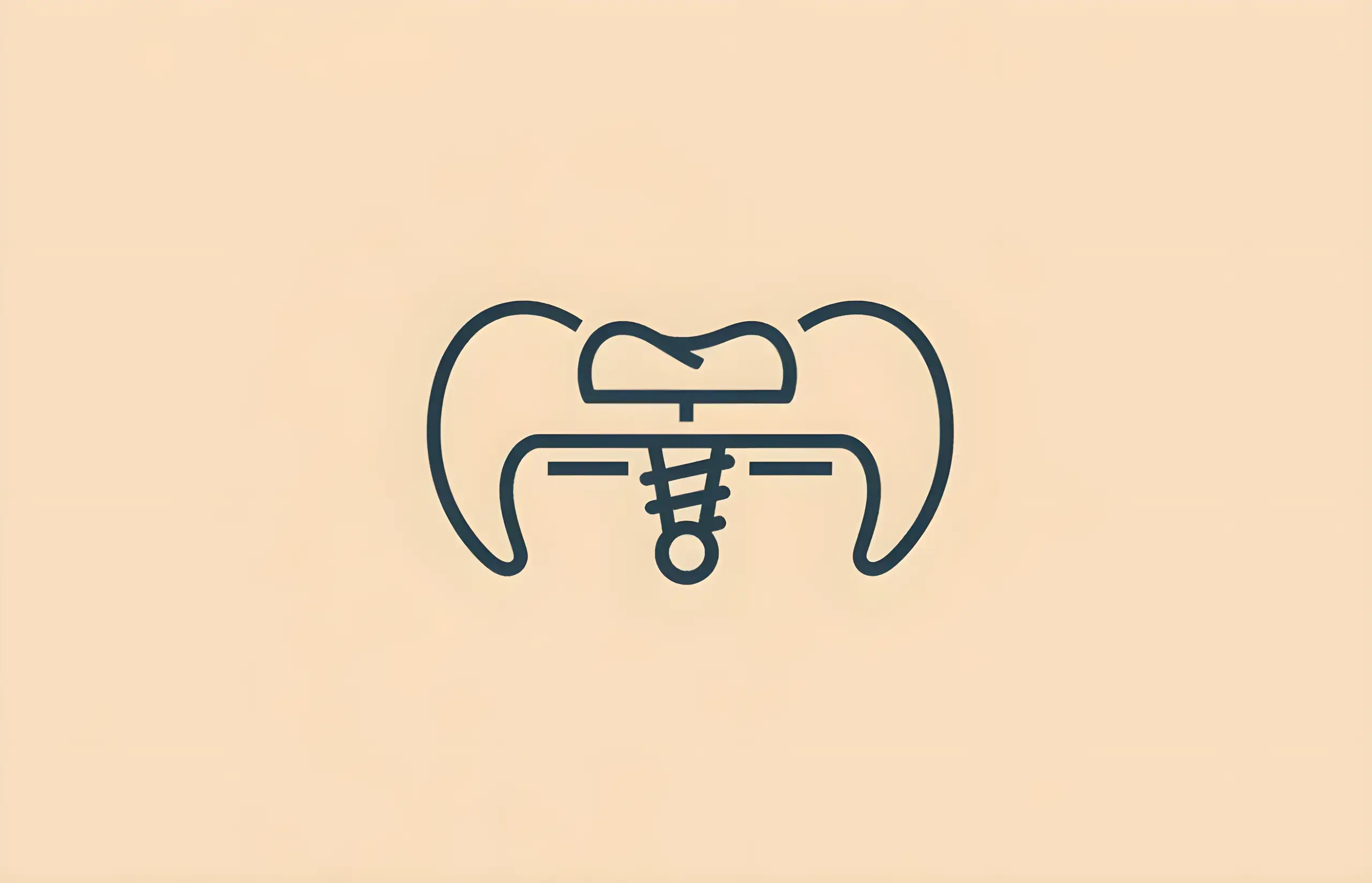
Zimmer Dental Implants
Comprehensive guide to Zimmer dental implant systems, including their tapered screw-vent technology, quality standards, and why dental professionals trust these proven implant solutions
About The Dental Guide
The Dental Guide is a trusted online resource providing evidence-based information about dental health, treatments, and procedures. Our content is created and reviewed by qualified dental professionals to help you make informed decisions about your oral health.
Our Mission
- Evidence-based dental information
- Expert-reviewed content
- Clear, accessible explanations
- Latest treatment options
- Patient-focused guidance
Editorial Standards
- GDC-registered dental professionals
- Peer-reviewed sources
- Regular content updates
- Medical accuracy verification
- Transparent authorship
Important Notice
The information on The Dental Guide is for educational purposes only and should not replace professional dental advice. Always consult with a qualified dentist for diagnosis and treatment recommendations tailored to your individual needs and circumstances.
Medically Reviewed
Reviewed by Dr. Nasim Mechoui , BDS (Bristol)
Share this article
Comments & Discussion
Have questions about dental implants? Share your thoughts or experiences.
